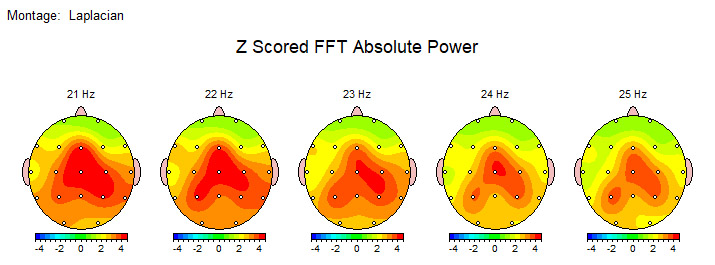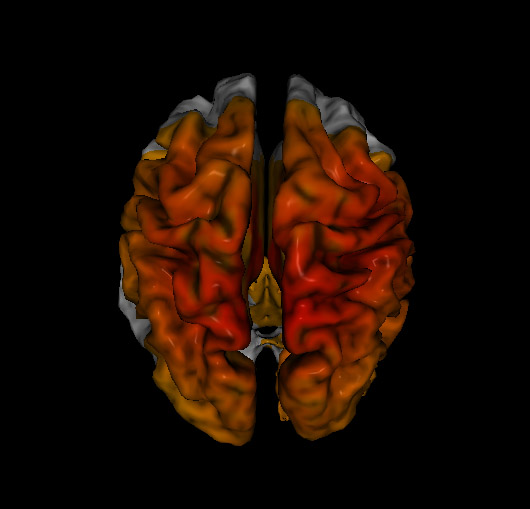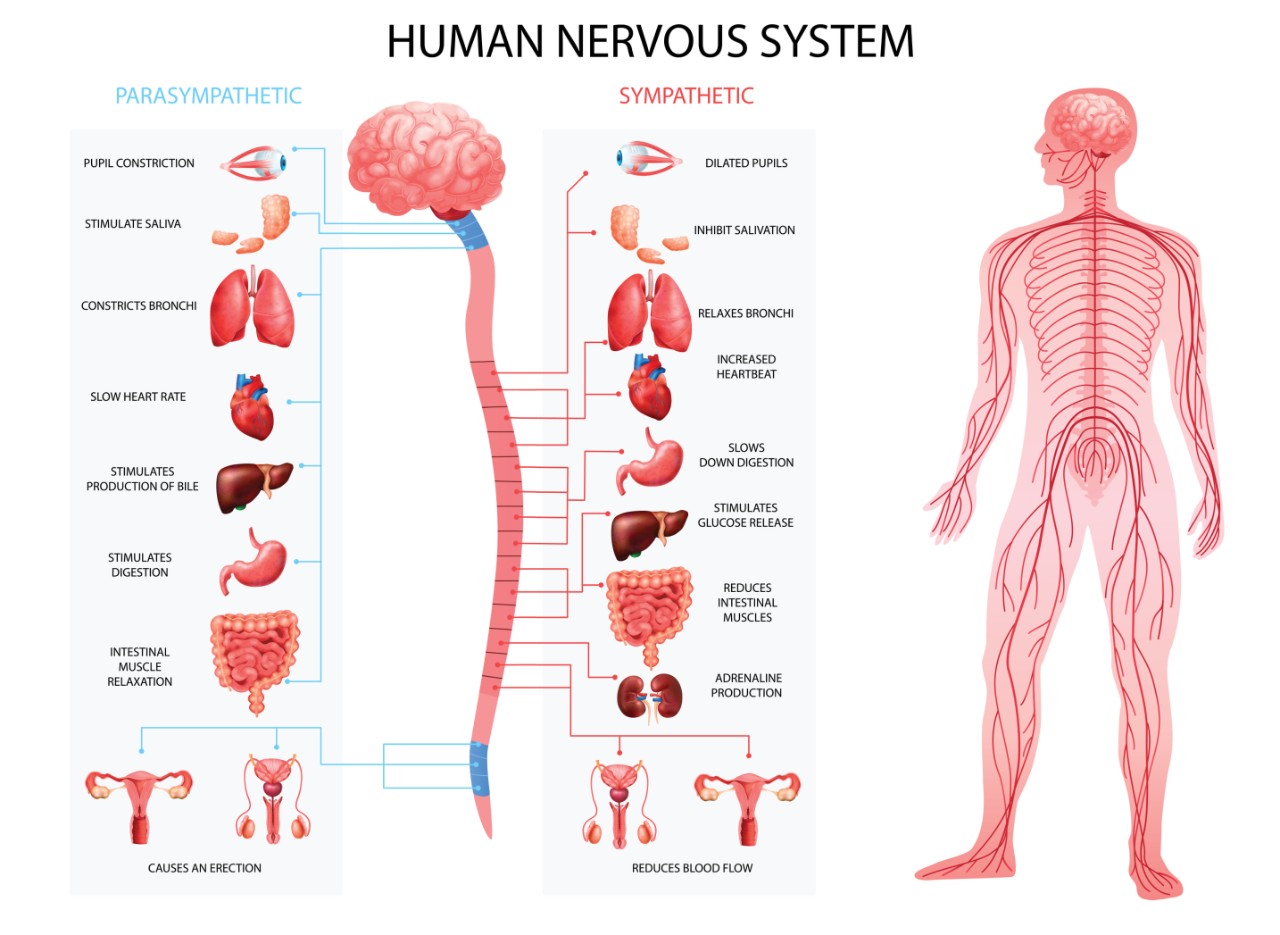CHRONIC PAIN / HEADACHES
Pain is more than just a sensory experience; rather, it is a complex phenomenon involving three components: the direct sensory component, the immediate emotional experience, and the long-term emotional implications. Each of these components is mediated by a different neural pathway. In cases of chronic pain, these pathways can become overly sensitized, resulting in a reduced pain threshold and exacerbation of symptoms. In such cases, it is no longer just the bodily source of the pain that is causing our experience but rather the feedback loop between our brain and body.
In other cases, our brain might be overwhelmed with the pain for so long that it starts numbing and suppressing all sensations in an attempt to cope. This can reduce our ability to feel positive emotions and pleasurable sensations, such as affective touch and joy, thus impacting our overall happiness and quality of life.
Furthermore, chronic pain can cause significant physical and emotional stress, causing our nervous system to enter into a chronic sympathetic (i.e., stressed) state. Such stress overload then increases our risk for anxiety, depression, substance abuse, insomnia, attention deficits, memory problems, and other conditions that impact our quality of life and ability to function at our best. Moreover, this stress further harms the health of various systems and organs within our bodies, thus increasing our risk for health conditions such as heart disease, endocrine imbalances, respiratory illnesses, gastrointestinal disorders, and neurological impairments.

Fortunately, there is hope! Studies have shown that interventions which address these underlying brain regions can have a significant impact on an individual’s experience of the pain, even if the bodily source of the pain remains unchanged! Research has shown that neurofeedback, neurostimulation, and peripheral biofeedback can all be effective for alleviating chronic pain, improving coping abilities, reducing secondary consequences, and enhancing quality of life.





